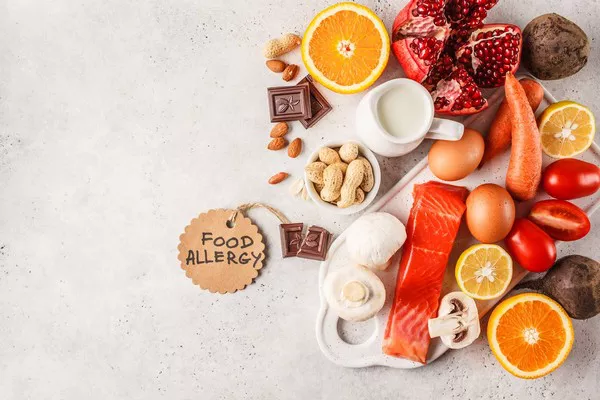In today’s health-conscious world, more and more people are embracing gluten-free and plant-based diets. Whether it’s due to health concerns, ethical reasons, or environmental awareness, these dietary choices are gaining popularity. If you’re considering adopting a gluten-free and plant-based lifestyle or just curious about what it entails, this comprehensive guide will provide you with all the essential information you need to make informed choices.
Understanding Gluten-Free Diets
Gluten and its Implications: Gluten is a protein found in wheat, barley, rye, and their derivatives. For individuals with celiac disease or gluten sensitivity, consuming gluten can lead to various health issues, including digestive problems, skin conditions, and even neurological symptoms. Therefore, going gluten-free is crucial for their well-being.
Celiac Disease: Celiac disease is an autoimmune disorder triggered by the ingestion of gluten. It damages the lining of the small intestine, leading to nutrient malabsorption and a range of symptoms, from abdominal pain to fatigue.
Non-Celiac Gluten Sensitivity: Some individuals experience symptoms similar to celiac disease when consuming gluten but do not test positive for it. This condition is known as non-celiac gluten sensitivity (NCGS). It can cause digestive discomfort, headaches, and fatigue.
Wheat Allergy: In rare cases, people may have a wheat allergy, which can lead to allergic reactions upon consuming wheat-based products.
The Gluten-Free Diet
Going gluten-free means avoiding all sources of gluten. This includes foods like bread, pasta, and baked goods unless they are specifically labeled gluten-free. Instead, individuals can enjoy naturally gluten-free foods such as fruits, vegetables, rice, quinoa, and gluten-free grains like sorghum and millet.
Gluten-Free Labeling: When shopping for gluten-free products, look for labels that indicate “gluten-free” or symbols like a crossed-out wheat stalk. These products are safe for those with celiac disease or gluten sensitivity.
Hidden Gluten: Be aware of hidden sources of gluten in processed foods, sauces, and condiments. Reading ingredient labels carefully is essential.
Embracing a Plant-Based Lifestyle
Plant-Based Eating and its Benefits: Plant-based diets center around whole, plant-derived foods while minimizing or eliminating animal products. This approach offers numerous health benefits, including:
Heart Health: A plant-based diet is linked to a reduced risk of heart disease due to its low saturated fat content and high fiber intake.
Weight Management: Plant-based diets can support weight loss and maintenance because they are typically lower in calories and promote a feeling of fullness.
Environmental Sustainability: Choosing plant-based foods can reduce your carbon footprint, as plant-based agriculture tends to have a lower environmental impact compared to animal agriculture.
What to Eat on a Plant-Based Diet
Fruits and Vegetables: These should form the foundation of your plant-based diet, providing essential vitamins, minerals, and antioxidants.
Whole Grains: Opt for whole grains like brown rice, quinoa, and oats to ensure you get sufficient nutrients and fiber.
Protein Sources: Plant-based protein sources include beans, lentils, tofu, tempeh, and nuts. These are essential for muscle maintenance and overall health.
Dairy Alternatives: Substitute dairy products with plant-based alternatives like almond milk, soy yogurt, and cashew cheese.
Supplements: Some plant-based diets may require supplements like vitamin B12 and vitamin D, so consult a healthcare professional for guidance.
Finding Balance: Gluten-Free and Plant-Based
Balancing a gluten-free and plant-based diet may seem challenging, but it’s entirely possible. Here are some tips:
Gluten-Free Grains: Incorporate gluten-free grains like quinoa, rice, and gluten-free oats into your plant-based meals.
Gluten-Free Protein: Focus on gluten-free protein sources such as beans, lentils, tofu, and nuts to meet your nutritional needs.
Meal Planning: Plan your meals in advance to ensure a well-balanced and delicious combination of gluten-free and plant-based foods.
Conclusion
In conclusion, adopting a gluten-free and plant-based lifestyle can have significant health benefits, especially if you have celiac disease, gluten sensitivity, or simply want to make healthier dietary choices. Remember to consult with a healthcare professional or nutritionist to ensure you are meeting your nutritional needs while enjoying the benefits of these diets. By being well-informed and making conscious choices, you can embark on a journey towards better health and a more sustainable future.
By following these guidelines, you can embrace the gluten-free and plant-based lifestyle with confidence, knowing that you’re making choices that are both delicious and good for your body and the planet.


